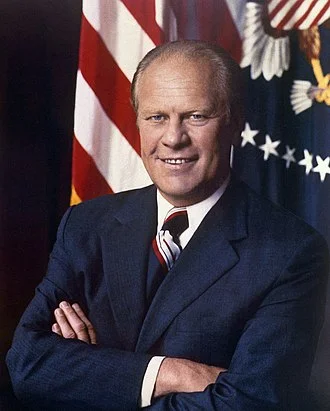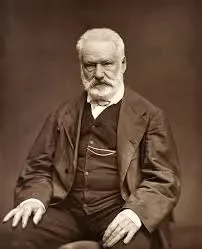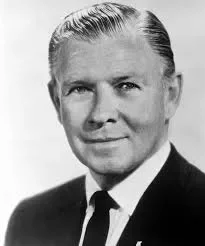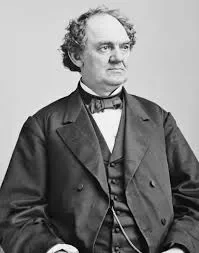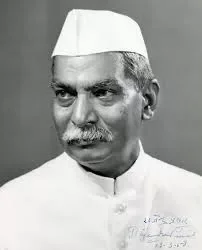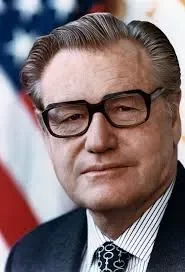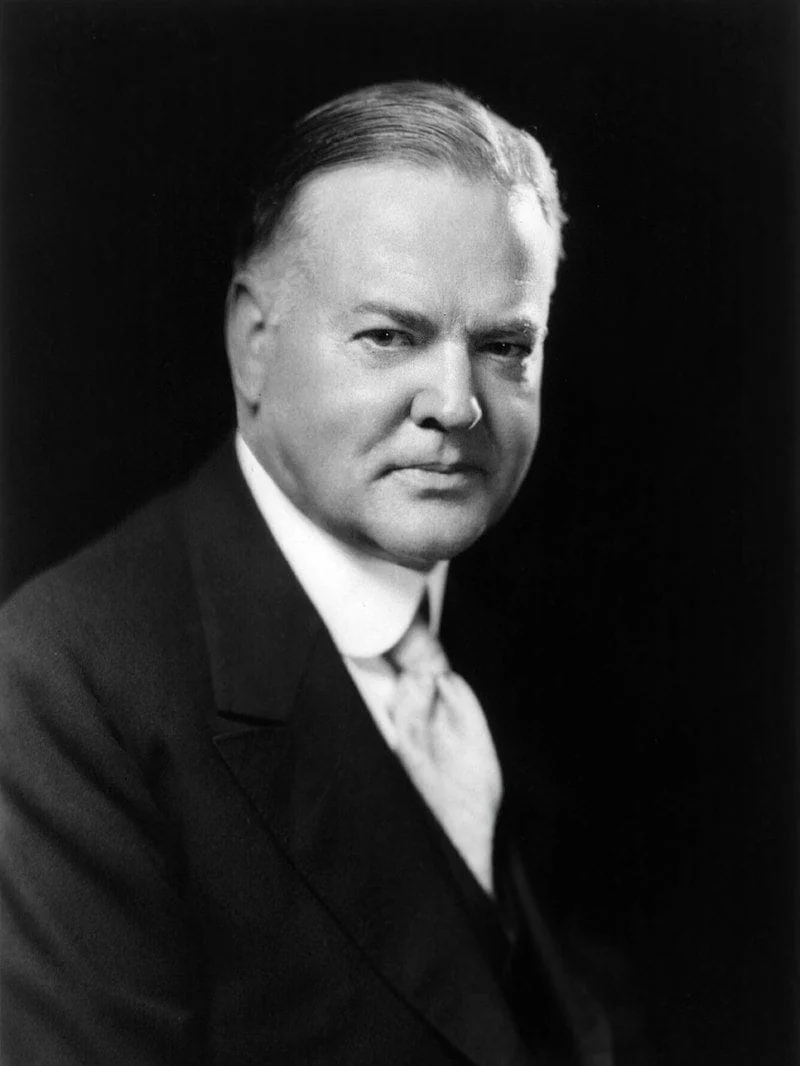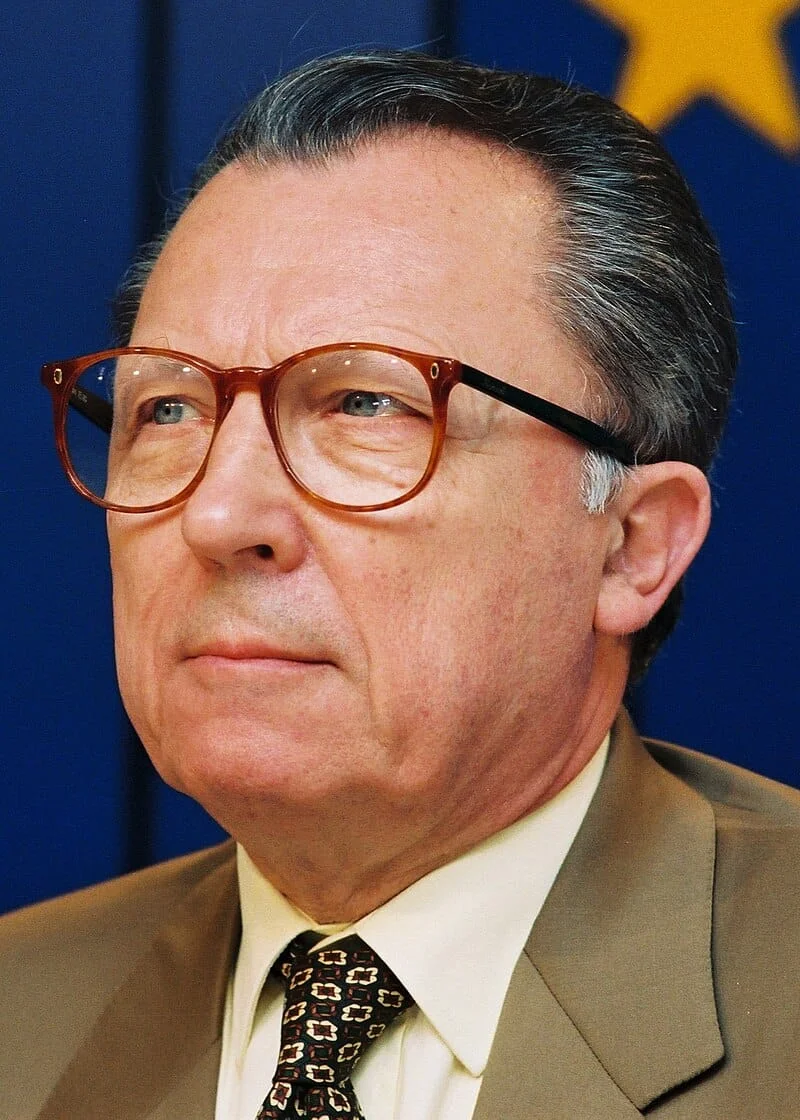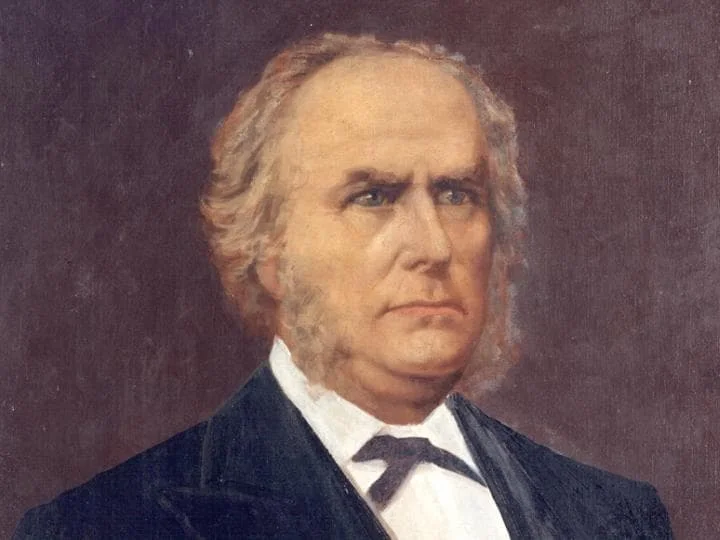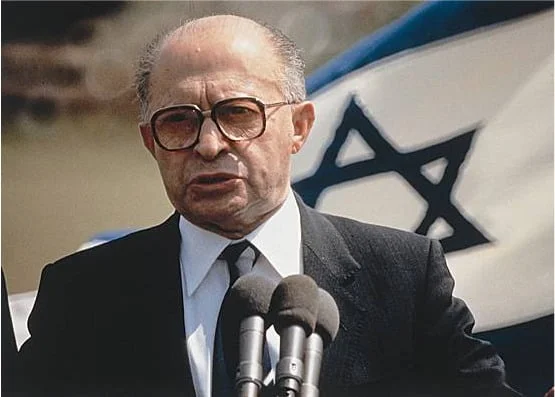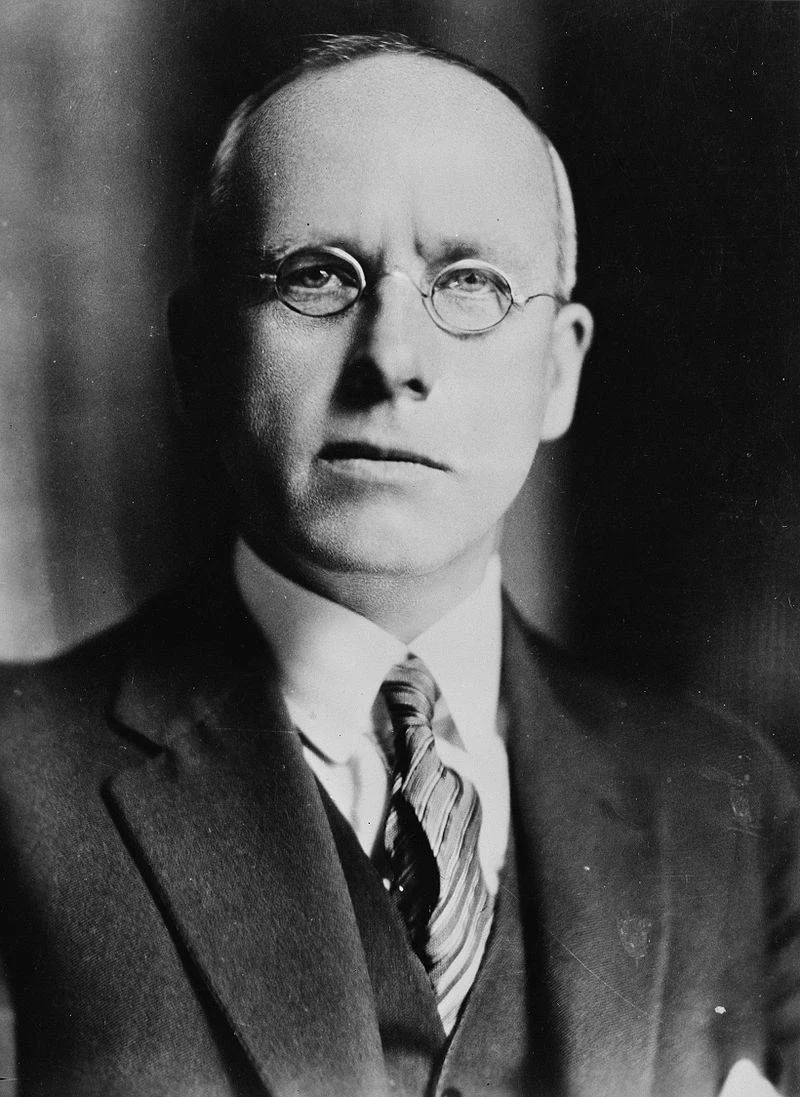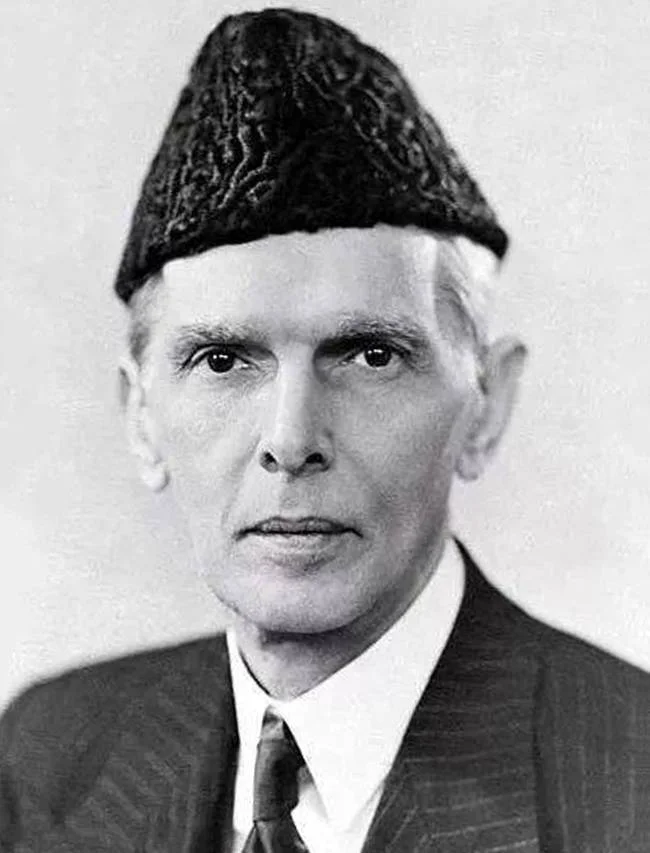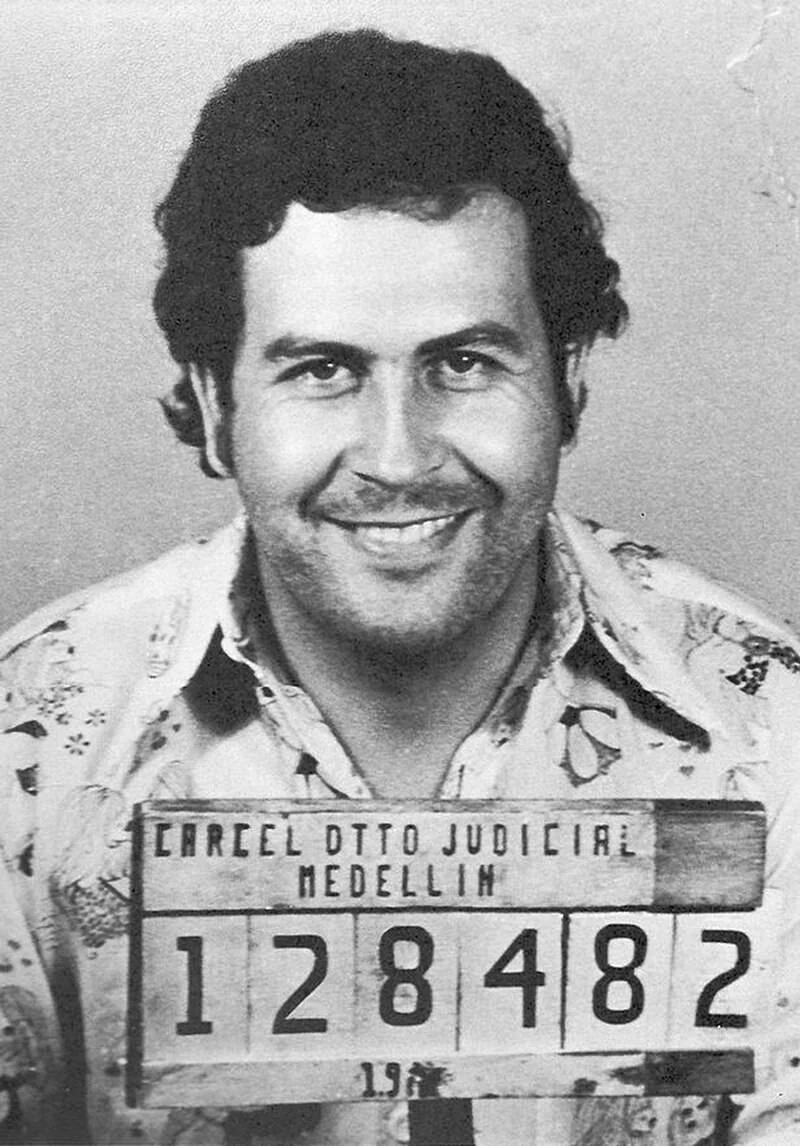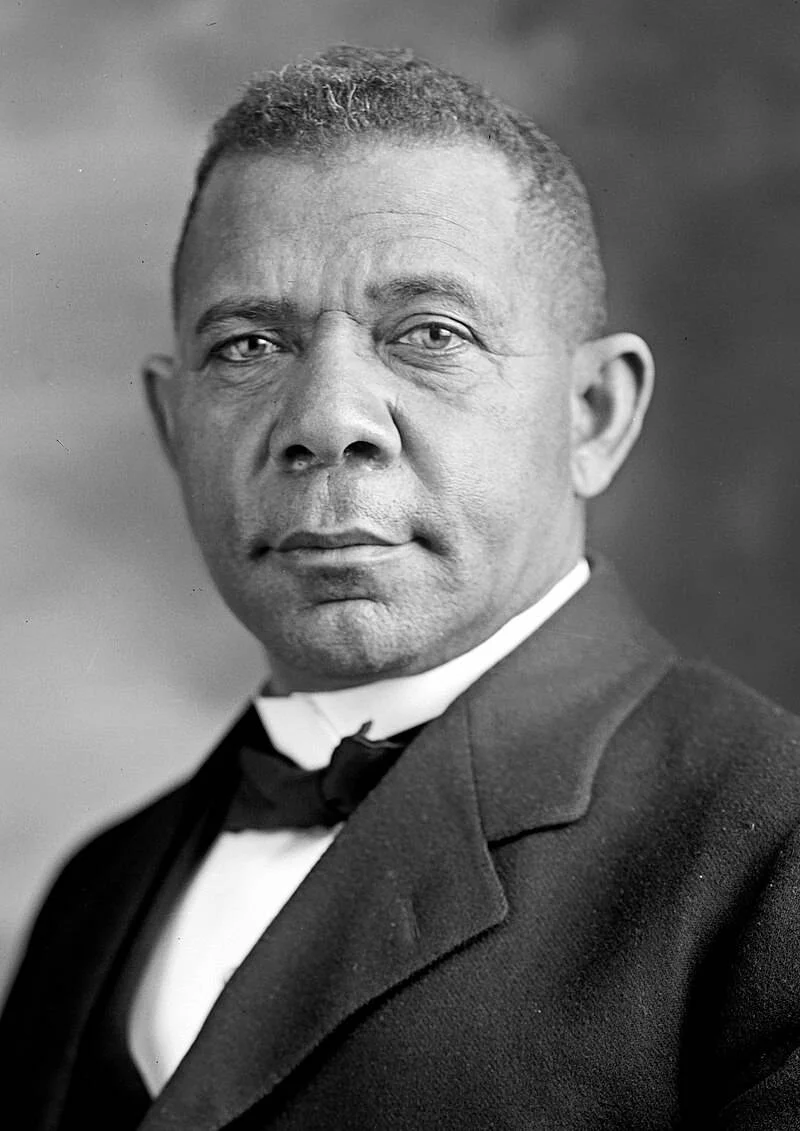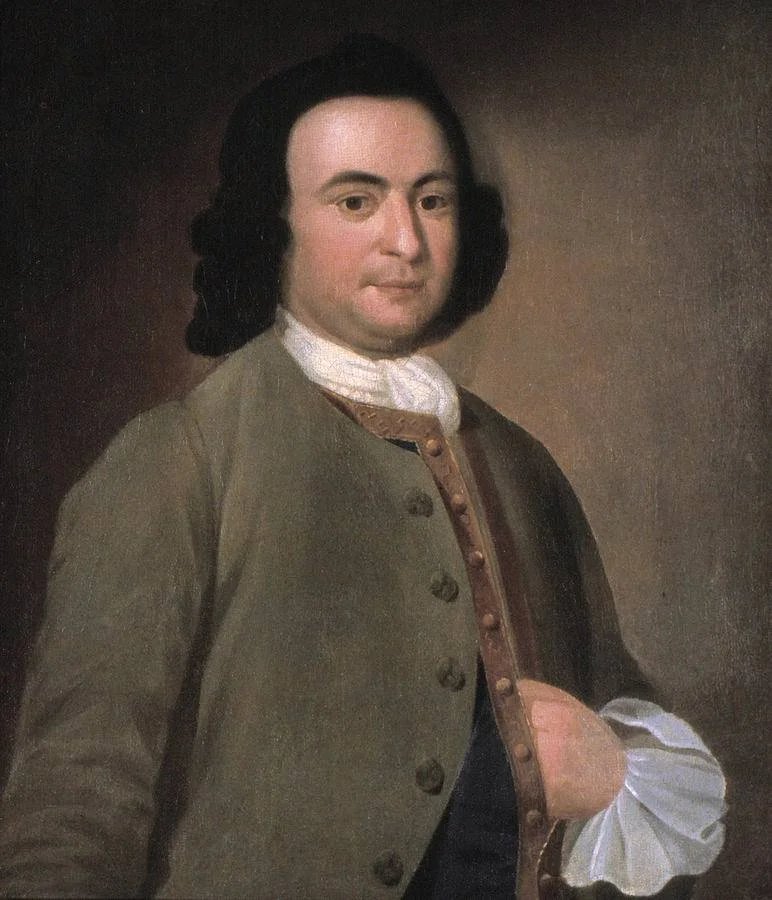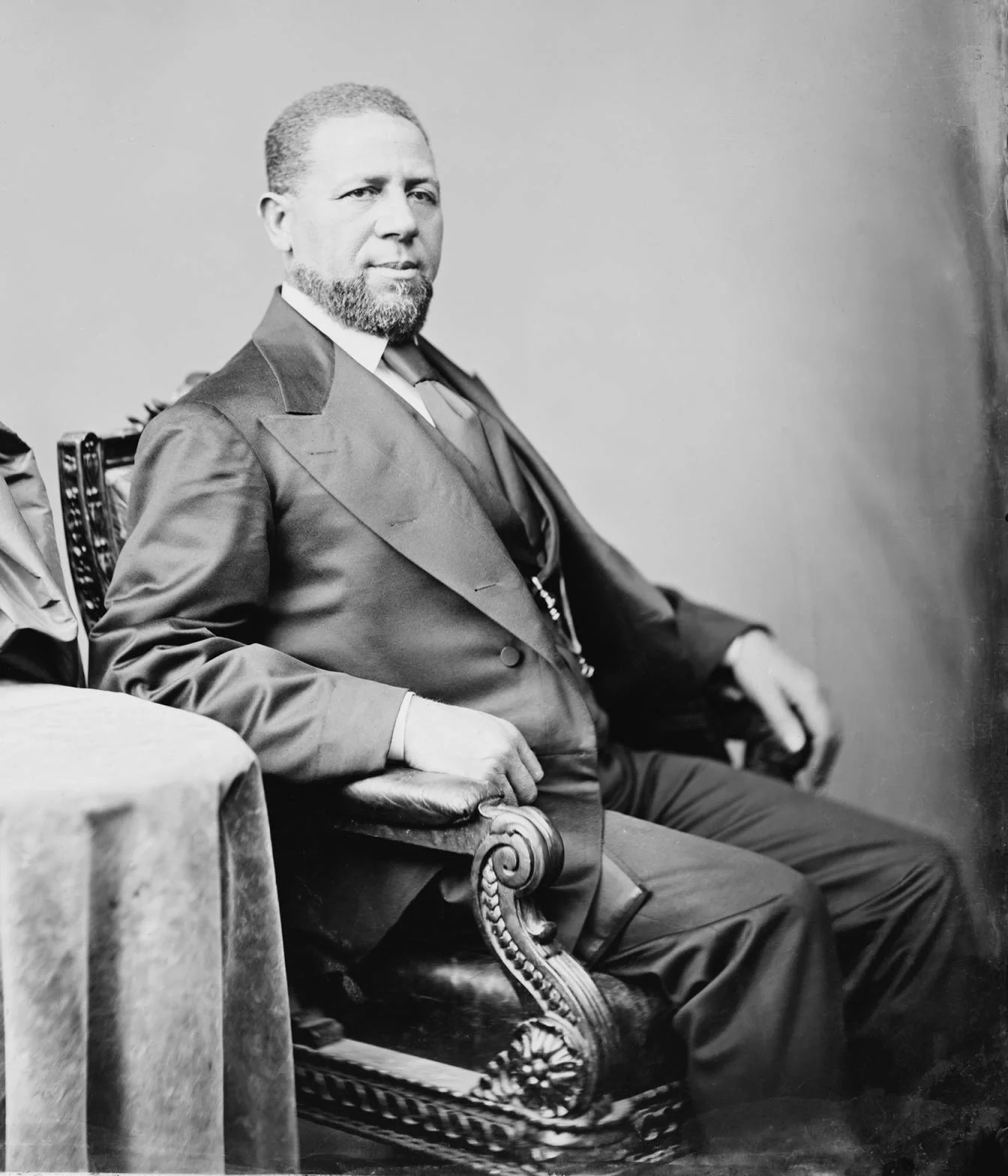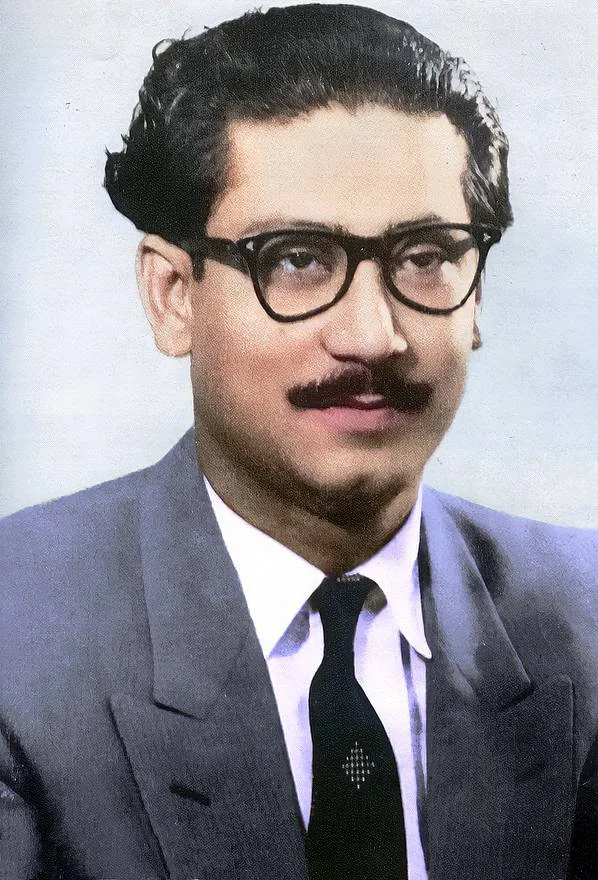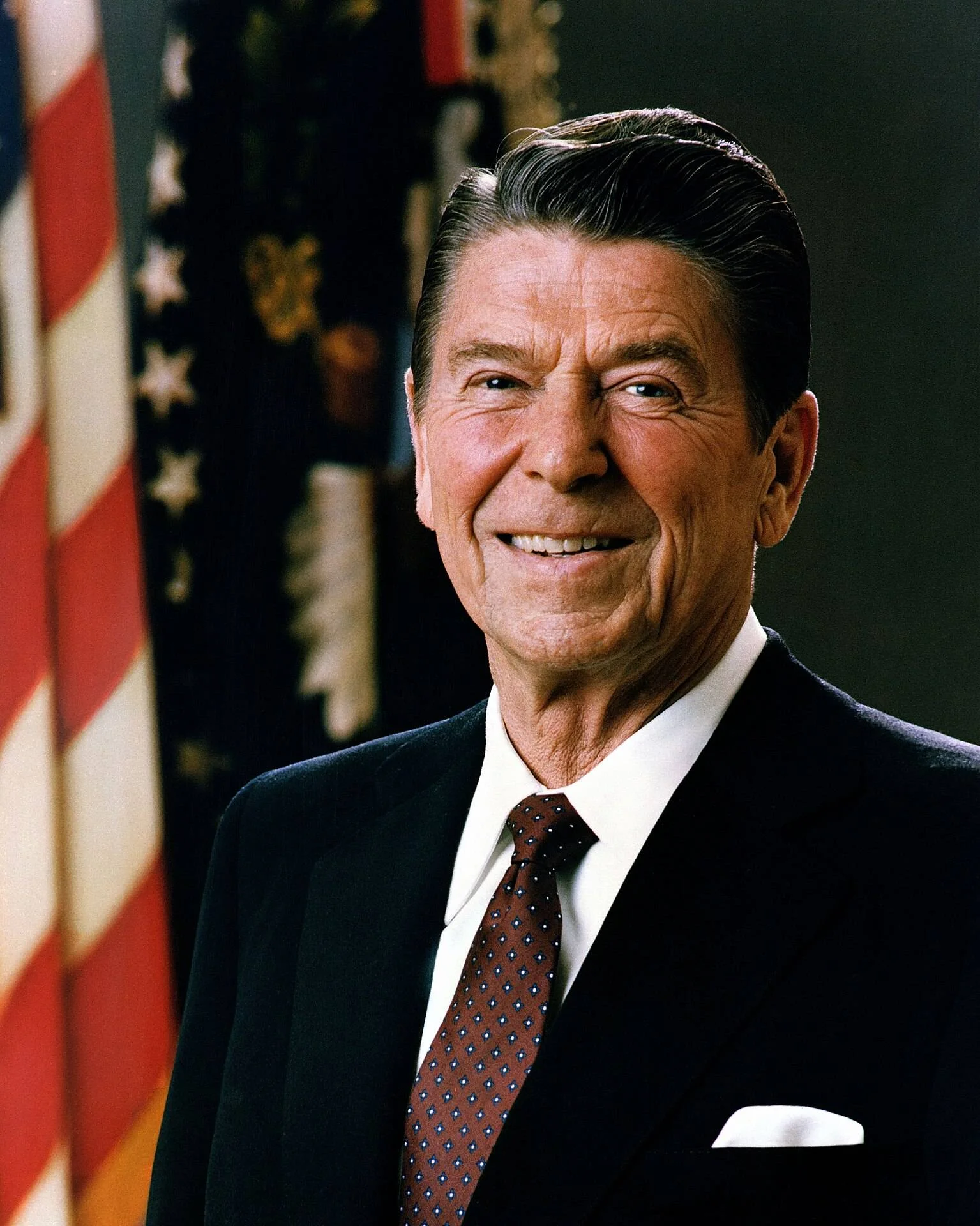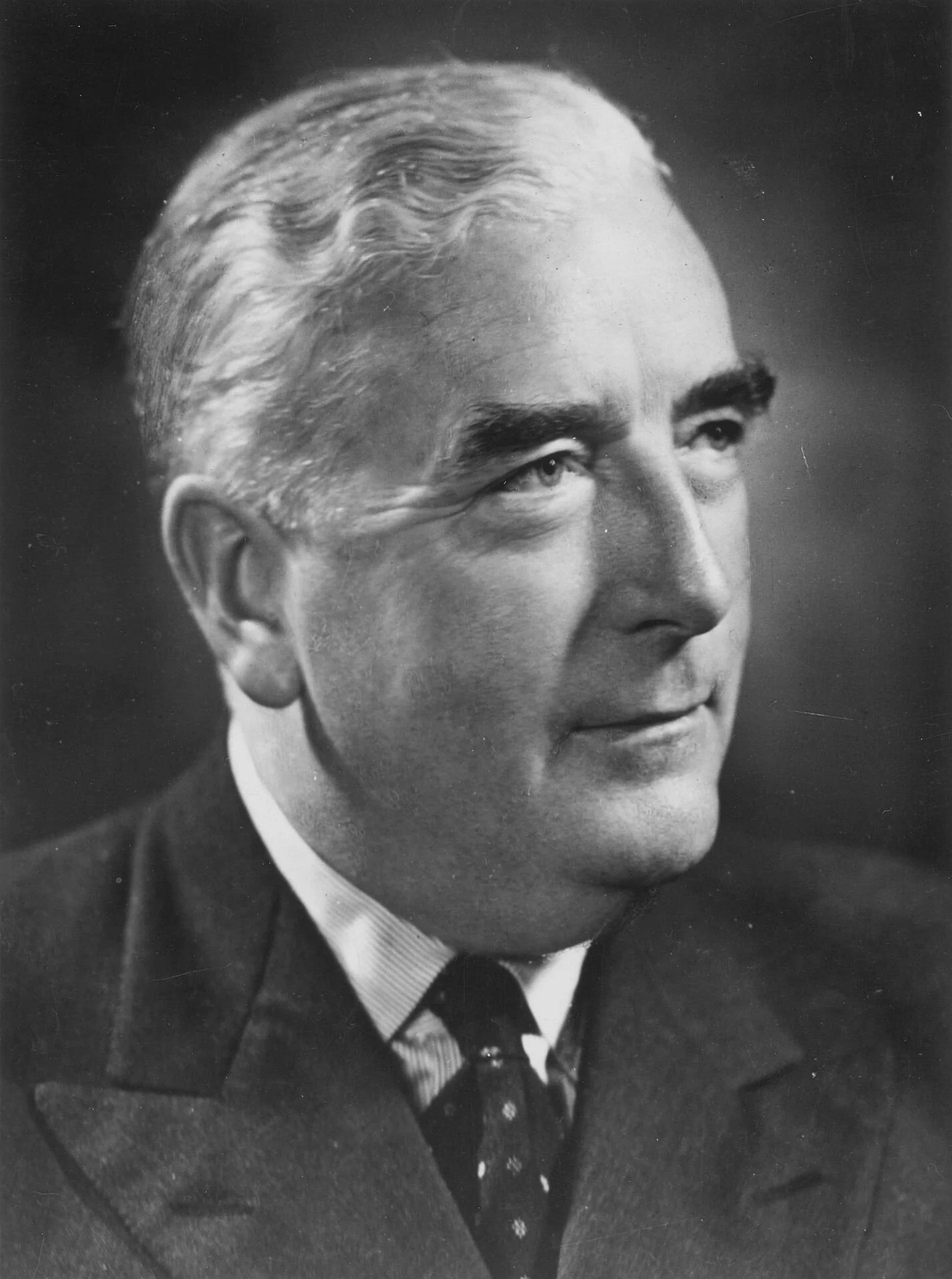Real Celebrities Never Die!
OR
Search For Past Celebrities Whose Birthday You Share
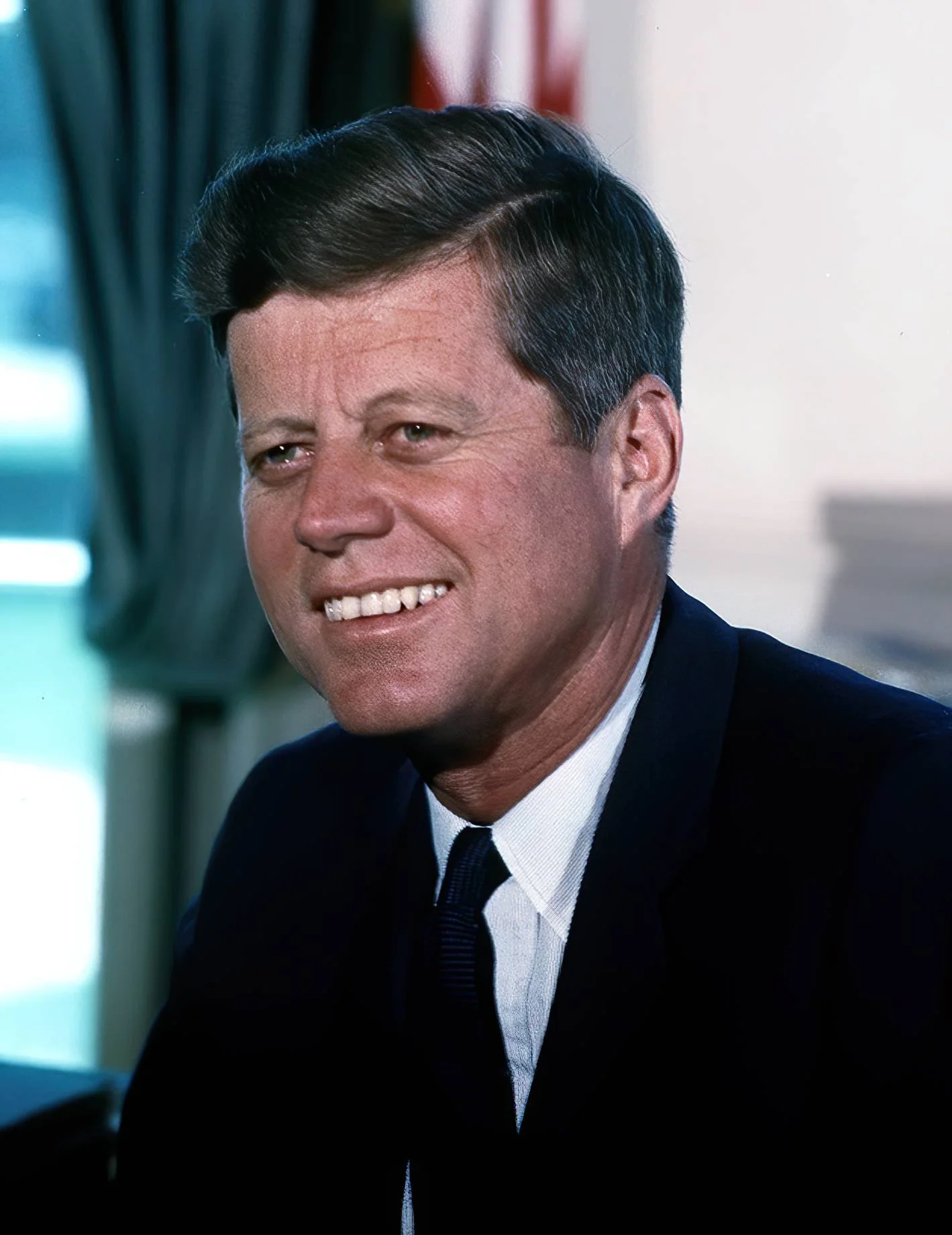
source: wikipedia.org
John F. Kennedy
Birthday:
29 May, 1917
Date of Death:
22 Nov, 1963
Cause of death:
Assassination
Nationality:
American
Famous As:
Politician
Age at the time of death:
46
John F. Kennedy's Quote's
Early Life and Education
John F. Kennedy, the 35th President of the United States, was a charismatic leader whose vision, eloquence, and determination left an indelible mark on American history. As the youngest person ever elected to the presidency, he inspired a generation with his calls for civic duty and national progress, though his tenure was tragically cut short by assassination in 1963.
Born in 1917 into the prominent Kennedy family in Brookline, Massachusetts, John Fitzgerald Kennedy—named after his grandfather, former Boston Mayor John Francis Fitzgerald—was raised in an environment of ambition, discipline, and public service. His father, Joseph Kennedy, was a wealthy businessman, and his mother, Rose Kennedy, instilled a strong sense of order and education in her children. Despite suffering from numerous health issues, including scarlet fever, young Kennedy found solace in books, developing an early passion for history and literature.
Attending Harvard University, Kennedy’s interest in politics and global affairs deepened. He graduated in 1940 and, following the outbreak of World War II, joined the U.S. Navy. His leadership was tested in the Pacific Theater when a Japanese destroyer struck his patrol torpedo boat, PT-109. Despite severe injuries, Kennedy guided his surviving crew to safety, a feat that earned him a Navy and Marine Corps Medal for heroism.
Career: Rise in Politics
After the war, Kennedy embarked on a political career, winning a seat in the U.S. House of Representatives in 1946 and later the U.S. Senate in 1952. His rise was meteoric, and in 1960, he secured the Democratic nomination for president, defeating Richard Nixon in a historic election. He became the first Catholic and Irish-American president, delivering one of the most memorable inaugural addresses in history, featuring the famous words: “Ask not what your country can do for you—ask what you can do for your country.”
Presidential Achievements and Challenges
Kennedy’s presidency was marked by both progress and crisis. He championed civil rights, appointed the first African-American to a federal cabinet position, and laid the groundwork for historic civil rights legislation. His administration also spearheaded the space race, setting the ambitious goal of landing a man on the moon by the end of the decade.
Internationally, Kennedy faced significant Cold War tensions, navigating the Cuban Missile Crisis and the construction of the Berlin Wall. His diplomacy and resolve helped prevent nuclear confrontation, reinforcing his legacy as a skilled global statesman.
Personal Life
Kennedy was introduced to Jacqueline Bouvier, a sophisticated, elegant, and with a quiet strength that intrigued him, she was unlike the other women in his orbit.
The duo got married in 1953, it was a union that blended power and poetry, a perfect picture of American royalty. Theirs was a life of glittering galas, weekends in Hyannis Port, and whispered conversations in the halls of Camelot.
But behind the grandeur, cracks formed. Kennedy’s well-known infidelities cast shadows over their marriage, and Jackie, with her grace and composure, endured the heartbreak privately. Yet, through political battles, personal loss, and the unbearable weight of the presidency, she remained his partner, his refuge.
Their bond was tested by tragedy—losing two children and the pressures of the White House—but it was ultimately sealed by history.
The marriage was survived by two children, Caroline and John Jr who made it to adulthood.
Tragic End and Legacy
Kennedy’s presidency came to a tragic end on November 22, 1963, when he was assassinated in Dallas, Texas, by Lee Harvey Oswald. His death shocked the world, leaving a legacy of unfulfilled potential but also of enduring inspiration. His vision for America, from civil rights to space exploration, continued to shape the nation long after his passing, cementing his place as one of the most revered figures in American history.
Name:
John F. Kennedy
Popular Name:
John F. Kennedy
Gender:
Male
Cause of Death:
Assassination
Spouse:
Place of Birth:
Brookline, Massachusetts, U.S.
Place of Death:
Dallas, Texas, U.S.
Occupation / Profession:
Personality Type
Entertainer: John F. Kennedy was very sociable and capable of entertaining a room full of people. His charming personality is what helped him win over the American population.
He donated his congressional and presidential salary to charity.
He won a Pulitzer Prize for “Profiles in Courage”
Kennedy received last rites three times before his presidency.
The Army disqualified Kennedy from service due to his intestinal and back problems.
He received a Purple Heart
He received the American Campaign Medal.
He received the Navy and Marine Corps Medal
He was also awarded a World War II Victory Medal
He was also awarded the Asiatic-Pacific Campaign Medal with three service stars.
He was a United States Senator from Massachusetts.
John F. Kennedy was the 35th President of the United States.
Kennedy was the recipient of an American Defense Service Medal

